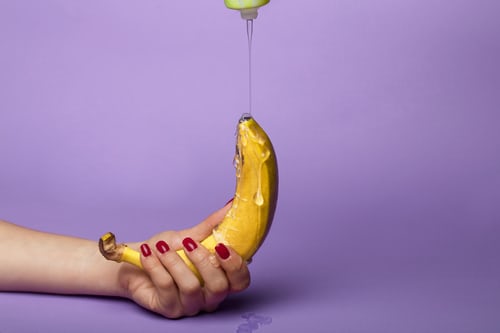Tit for Tat
5 minutes read | 3 comments
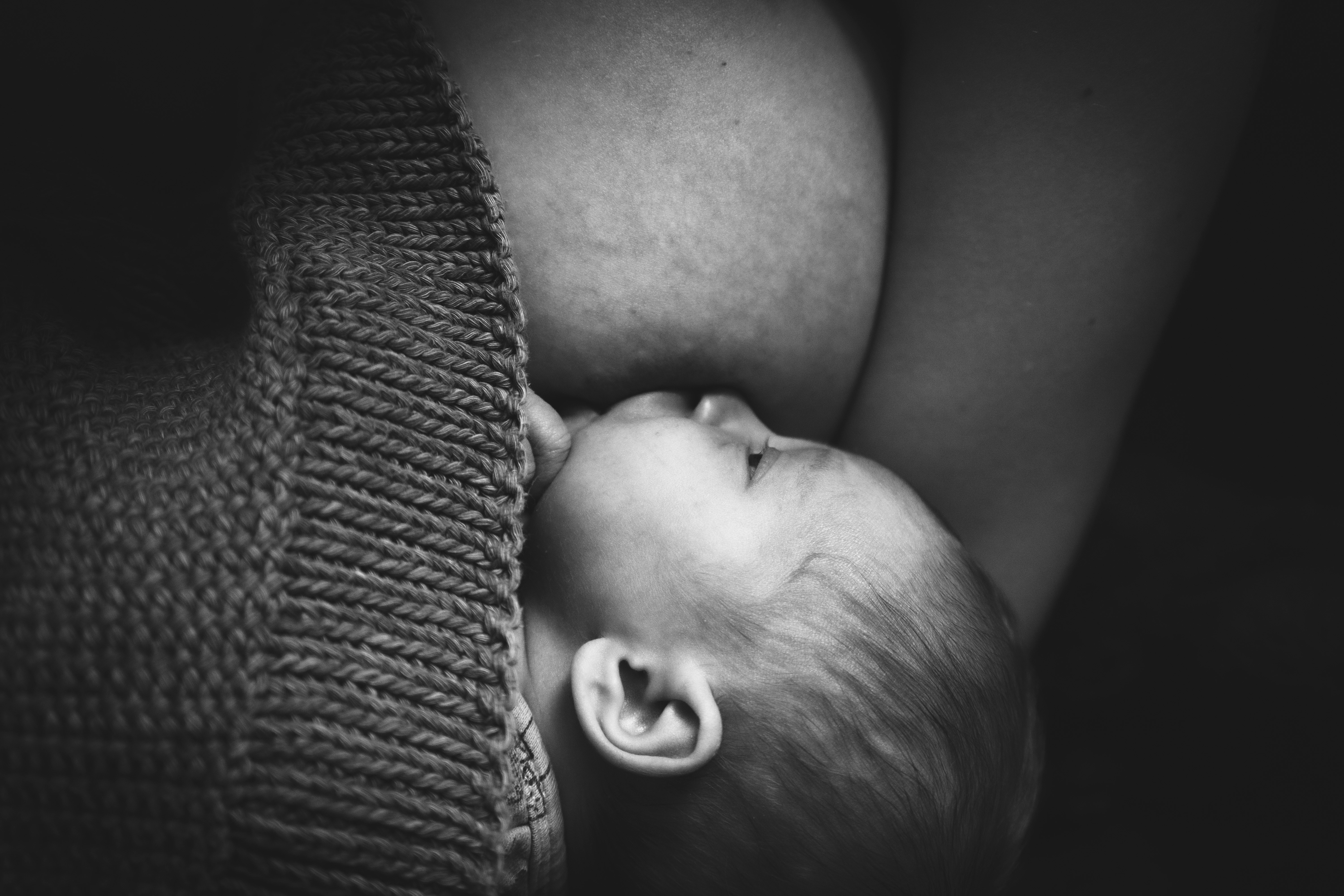
Written by Kelih Boateng Henyo 
First meal
Quick statistic: 9 out of 10 people reading this have been fed with breasts at some point in their lives. This is no work of fear-mongering; it's actually a very positive thing! There's so much talk about how beneficial breast milk is to infants as they grow- so much that some African mothers think it's some sort of go-to solution for everything. Please don't go around pouring breast milk on babies' eyes when they start to redden like my Grandma would do. You could just be giving some bacteria the meal of their lives.
More seriously, breast milk has been proven to be the best diet babies should be put on for at least the first 6 months of their infancy. The American Academy of Pediatrics recommends that breastfeeding could even go on as long as the mother decides! Imagine a teething 4-year-old latching onto his mother's breasts, eagerly squeezing the very life out of them. That's pretty extreme, but doesn't discount the fact that breast milk sets children up for healthy growth and development. Breast milk contains antibodies that fight infection and increase infants' immunity to disease. Through these antibodies, the mother can pass on some protection from infectious illness she had in the past, and those she gets while breastfeeding, giving the babies a headstart to good health. Believe it or not, there's even growing evidence in the scientific community that nursing mothers who are vaccinated against COVID-19 can pass along antibodies to the virus through breast milk. Although it's not proven, these antibodies may act as a vaccine for infants too young to receive the jabs.
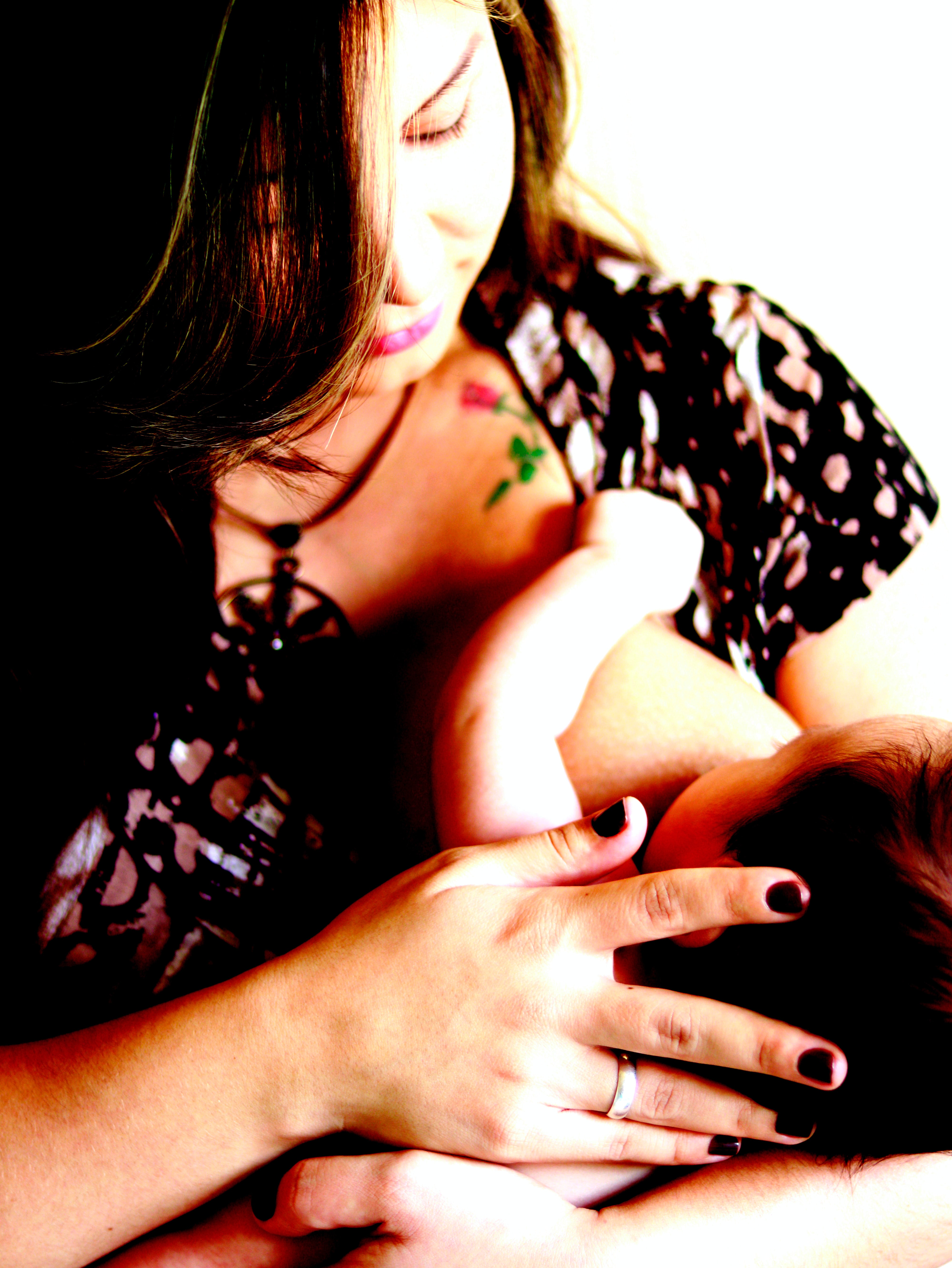
That's not all. Breastfeeding has a significant impact on the "healthy bacteria" babies are exposed to. Probiotic factors found in breastmilk stimulate the microbiome in infants' gut, making them less susceptible to future incidences of asthma, allergies, obesity (as compared to so-called Lactogen babies), and even cancers like leukemia. This really borders on elixir-level efficacy!
Baby for-me-la. Baby form-you-la
That's enough talk about how much we all need the milk. I believe much isn't said about how breastfeeding benefits mothers too. I'm not going to promise an end to the I-carried-you-for-9-months-and-nursed-you-for-a-year argument mothers always pull up. But there sure are some benefits even they get from their motherly act of service.
Most importantly, mothers feel a heightened sense of fulfilment and joy from the simple act of allowing their babies to suck. It's a win-win for both parties. Literal tit for tat?. These feelings are augmented as a result of the release of prolactin ( which breeds the nurturing sensation), and oxytocin ( responsible for the sense of attachment between mother and baby). Beyond the feel-good sensations, oxytocin released during breastfeeding also helps mothers heal much more quickly from childbirth pains, and helps the uterus return more quickly to its prebiotic state. Breastfeeding is also much cheaper than buying baby formulas and having to heat them every so often. Mothers don't have to worry about the cost involved in feeding their babies if they choose to exclusively breast feed for a while. Also, breastfeeding is eco friendly. That works for everyone, right? Save the planet by breastfeeding your infants, mothers. This saves the extra plastic waste that chokes drains, streams, and eventually the ocean.
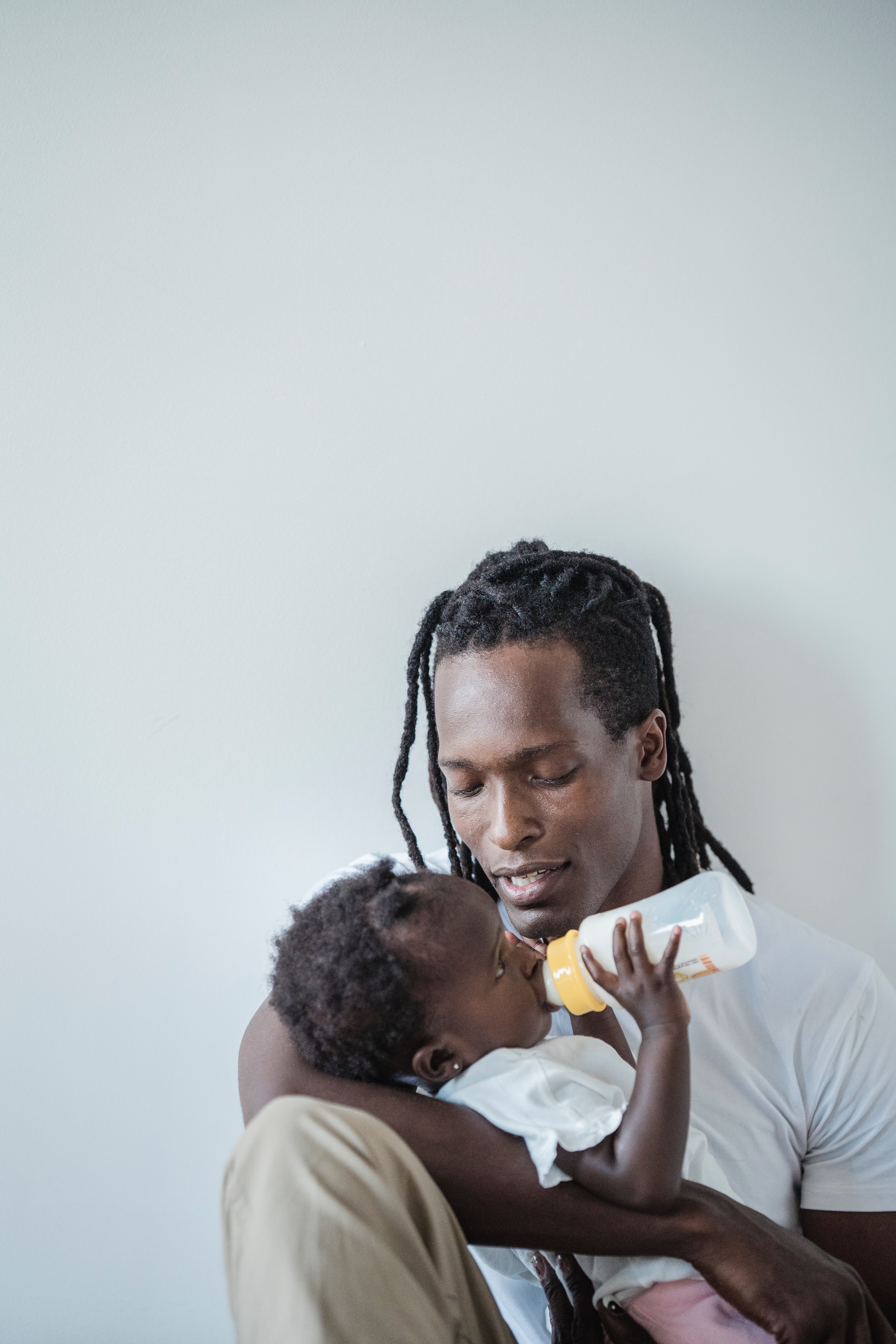
In all, breastfeeding provides a unique experience for both mother and baby, and can't be replaced by baby formulas and other milks, no matter how enriched or advanced they are advertised to be. Mothers create both a physical and emotional connection with their children through this very instinctive act, and I believe it shouldn't be replaced or cut short in any way.
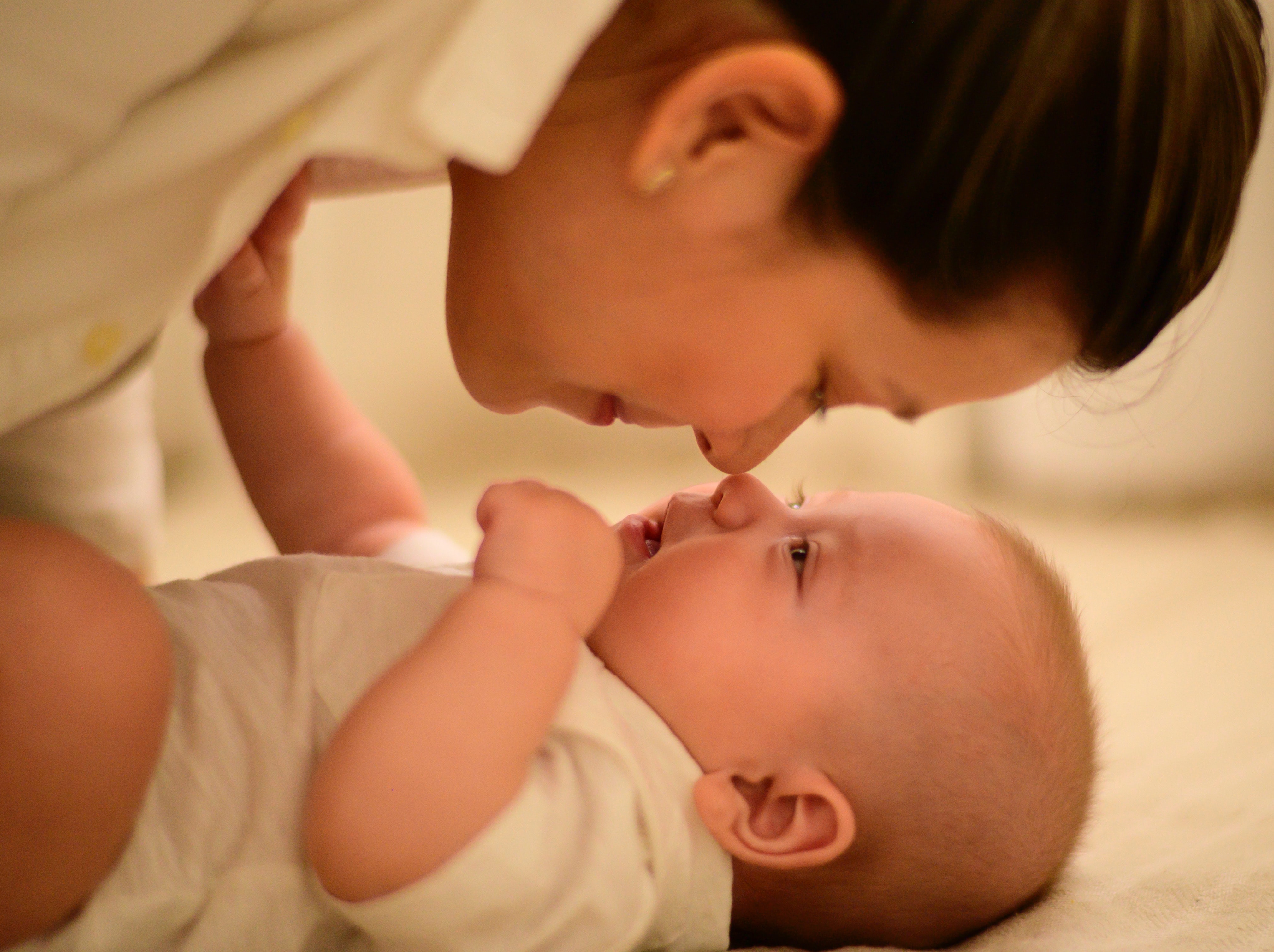
Feel free to share on any platform
Similar Blogs
Anonymous Comments
We DO NOT record comments with the users who posted them.


